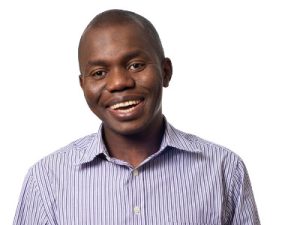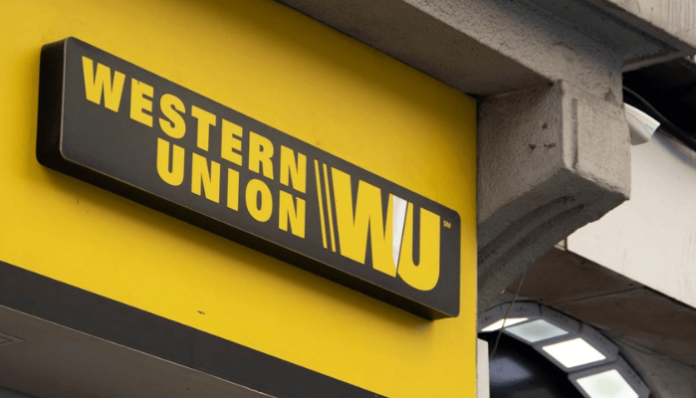Professor, entrepreneur, and investor Ndubuisi Ekekwe recently highlighted a critical aspect of Nigeria’s economic landscape: the significant contributions of the Nigerian diaspora. He pointed out that “At close to $20 billion, the Nigerian diaspora group is the largest investor in Nigeria. It sends more money into the Nigerian economy than any organization. Yet, it is also the least consequential ‘group’ before the Nigerian government. If the World Bank plans a $2 billion loan, it will send us a sermon. If the IMF wants to ship a $1 billion loan, it will ask for reforms. Yet, a group of people wire close to $20 billion, and cannot get a simple shift on how the leaders and the governments act or behave. That is unfortunate!”
Ekekwe’s observations underscore the paradox facing Nigeria. Despite the massive inflow of funds from the diaspora, which surpasses the contributions of international financial institutions, the Nigerian government has yet to recognize and leverage this group’s potential effectively.
The Potential for African Development
Ekekwe argues that the funds needed to rebuild Africa are already available. The combined financial capacity of first-generation African diasporas, such as Robert Smith and Tiger Woods, and recent diasporas, is immense. However, the challenge lies in the absence of a structured mechanism to channel these resources effectively.
“We like to quote these ‘monetary figures’ as success. Sure, remittance is great. But it is a limited gain,” Ekekwe noted. He contrasts this with the Chinese model, where the government actively supports and incentivizes its diaspora to return and invest in the country. “About 90% of my Chinese PhD schoolmates in Johns Hopkins are now in China. The government has this secondictor fund which is now worth about $100 billion, and if you have ideas, you can apply, and the government will fund your mission. So, what do they do? You work for AMD, Nvidia, ADI, Intel, etc., for 4-6 years, you send a proposal to the government, and within months, the government will help you relocate with $10 million in the bank to build products!”
A Call for a Structured Framework
Ekekwe calls for a similar approach in Nigeria and across Africa. He emphasizes that while remittances are beneficial, there needs to be a more strategic framework to maximize their impact. “Our continent needs to explore how to build such enablers even as the diasporas drop their leftovers for their homelands. Get me right: remittance is great, but it has to go beyond that. There needs to be a framework around this money in the homelands.”
Conclusion
Ndubuisi Ekekwe’s insights highlight a critical opportunity for Nigeria and other African nations. By recognizing and strategically harnessing the financial power of their diasporas, these countries can drive significant economic development. Establishing supportive structures and frameworks can transform diaspora remittances from mere financial inflows into powerful catalysts for national growth and development. The challenge now is for governments to take proactive steps to engage and empower their diaspora communities effectively.
“We like to quote these ‘monetary figures’ as success. Sure, remittance is great. But it is a limited gain,” Ekekwe noted. He contrasts this with the Chinese model, where the government actively supports and incentivizes its diaspora to return and invest in the country. “About 90% of my Chinese PhD schoolmates in Johns Hopkins are now in China. The government has this secondictor fund which is now worth about $100 billion, and if you have ideas, you can apply, and the government will fund your mission. So, what do they do? You work for AMD, Nvidia, ADI, Intel, etc., for 4-6 years, you send a proposal to the government, and within months, the government will help you relocate with $10 million in the bank to build products!”




